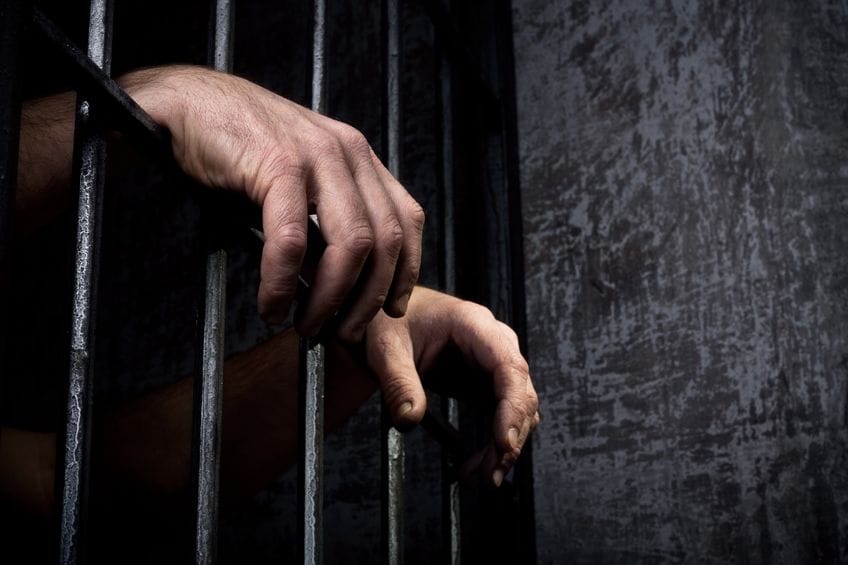The criminal justice process begins with the investigation phase, during which a defense lawyer plays a crucial advisory role. If a person is suspected of a crime, the lawyer ensures that their rights are protected during questioning and any searches or seizures conducted by law enforcement. This includes advising clients to remain silent until counsel is present and helping prevent self-incrimination. The defense lawyer also monitors the conduct of investigators to ensure that all evidence is obtained legally, which could later impact its admissibility in court. Once an arrest is made, the defense lawyer’s role becomes more active. During this phase, they assist in the booking and arraignment process, helping the accused understand the charges filed against them. They also argue for fair bail conditions or pretrial release, emphasizing the accused’s ties to the community and lack of flight risk. This early intervention can significantly impact the trajectory of the case and can sometimes result in reduced charges or even dismissal, depending on the strength of the evidence.

During the pre-trial phase, the defense lawyer engages in extensive case preparation. This includes reviewing police reports, witness statements, and forensic evidence. The attorney may also hire private investigators or expert witnesses to bolster the defense. One of the most important roles during this phase is filing motions to suppress evidence obtained unlawfully. Additionally, the lawyer may negotiate with prosecutors to secure a plea bargain that serves the best interest of the client. In the trial phase, the defense lawyer is the client’s primary advocate in the courtroom. Their responsibilities include selecting a fair jury, delivering opening and closing statements, cross-examining witnesses, and presenting a compelling defense. This phase tests the lawyer’s legal acumen, as they must challenge the prosecution’s case, highlight inconsistencies in evidence, and present alternative interpretations of events that raise reasonable doubt.
If the trial results in a conviction, the lawyer continues to serve during the sentencing phase. Here, their goal is to mitigate the severity of the punishment. They may present evidence of the defendant’s good character, history, and other mitigating factors to argue for a reduced sentence. They also ensure the sentence is fair and legally appropriate, occasionally advocating for alternative sentencing options such as rehabilitation programs or probation. Post-conviction, the defense lawyer assists in the appeals process or filing for post-conviction relief. This involves identifying errors in trial proceedings, improper jury instructions, or newly discovered evidence that could justify a reversal or retrial. The lawyer prepares detailed legal briefs and may argue the case before an appellate court, continuing to protect the legal rights of the client long after the trial ends.